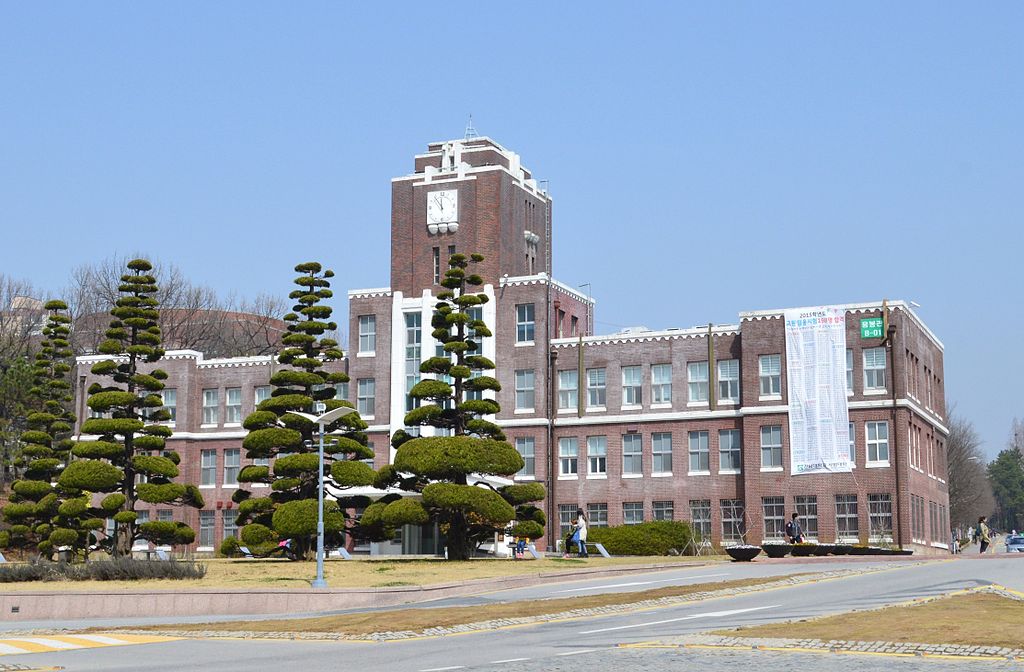
Before we present this week’s Weekend Reads — the last of 2019! — a question: Do you enjoy our weekly roundup? If so, we could really use your help. Would you consider a tax-deductible donation to support Weekend Reads, and our daily work? Thanks in advance.
The week at Retraction Watch featured:
- The story of what happened when researchers tried to publish a Nature paper 600 times;
- How a plagiarized image in NEJM was discovered;
- A new scam involving special issues of journals;
- Four retractions for an endocrinology researcher in South Korea.
Here’s what was happening elsewhere:
Continue reading Weekend reads: How to be a statistical detective; a $5.5 million settlement over hidden grants; 15 studies that challenged medical dogma






